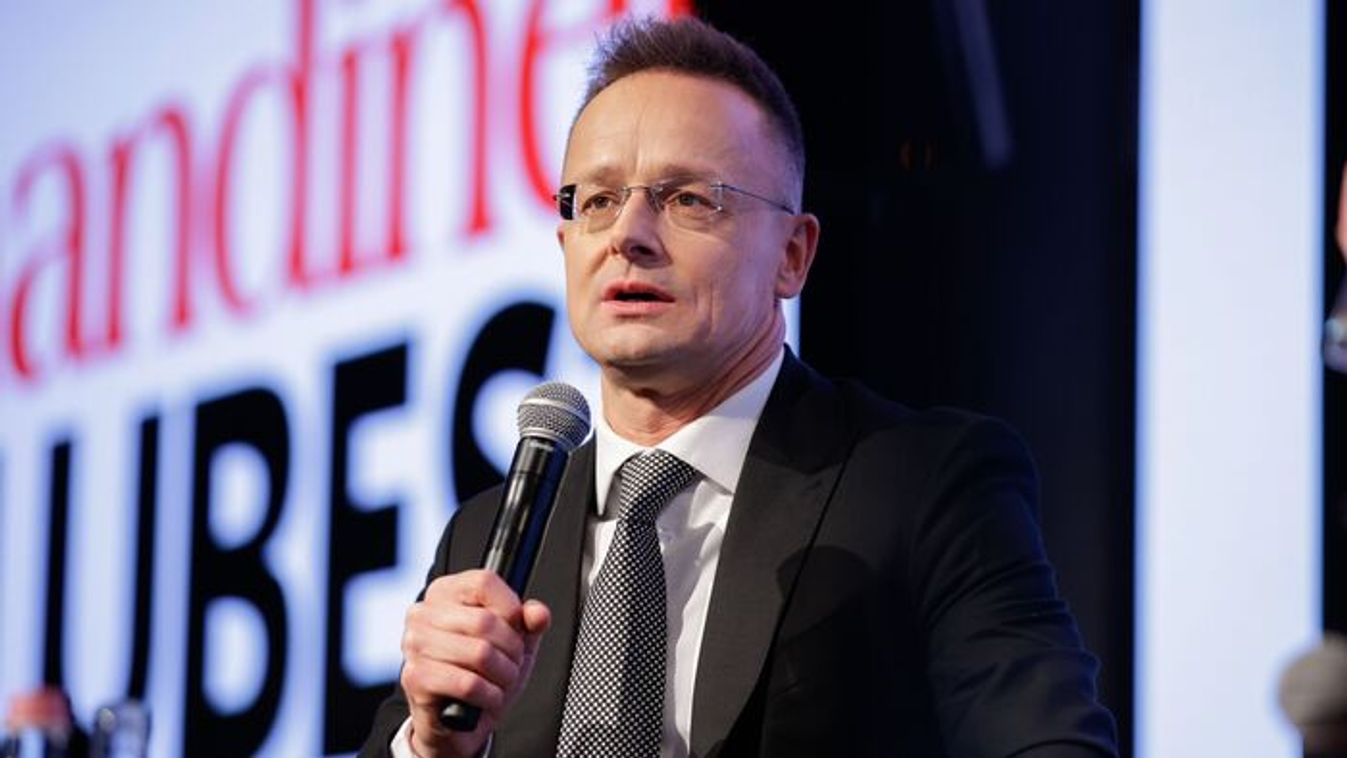Elemző: nem a Fidesz legfőbb érdeke, hogy nyilvánosságra kerüljön Magyar Péter legsötétebb titka

Az sem maradt sokáig rejtély, miért „ijedhettek meg egy ágy képétől” a baloldalon.

Until last week when the opposition parties struck a cooperation agreement, little had changed in Hungarian politics over the last several months: Fidesz is still ahead and is likely to win this year's elections. But can Fidesz and its leader, Viktor Orbán, be assured of his victory? And if yes, how did Fidesz manage this? We continue with Part 2 in our article on why Fidesz maintains its lead.
It has been a while since we published the last post on Hungarian Globe, but it's now high time to reboot. The truth is, however: until the recent opposition agreement, little had changed in Hungarian politics over the last several months. So it's not difficult to pick up the second part of our article right where we left off with the first installment: Why Fidesz is still ahead.
Because, well, in January 2014 Fidesz, the governing conservative party is still ahead. Actually, Fidesz has maintained a comfortable leading position ever since the elections in 2010 when it won a two-thirds majority of the seats in parliament. Neither the leftist, nor the radical Right opposition was able to get even close to Fidesz in opinion polls, not to mention to overtake it, which might be useful when it comes to a political race. Fidesz's support ranges from 28 to 36 percent of all voters. Every other party - the Socialists at 10-15 percent, the radical Jobbik at 7 to 10 percent, the previous Prime Minister Gordon Bajnai's left-liberal Együtt 2014 party at 3 to 6 percent, the green-liberal LMP at 2 to 3 percent, and former Prime Minister Ferenc Gyurcsány's leftist Democratic Coalition (DK) at 2 to 4 percent - are far behind Fidesz.
To many it now seems that this year's election race is already over. Analysts and activists, journalists and commentators from every corner of the political field agree: Fidesz is the favorite to win. But how did Fidesz manage to hold this position after all the turmoil of the last four years?
In the first part of this article, we summed up the strange and surprising success of the government's "unorthodox" economic policies. Under the previous left-liberal governments (2002-2010), national debt grew from 55 to 82 percent of GDP, but the Orbán Government has managed to stop it from rising further so debt has hovered around 80 percent of GDP since 2010. Hungary had also been subject to the Excessive Deficit Procedure of the EU since 2004. But in 2013, the EDP was finally suspended after the current Government kept the deficit under the EU threshold of 3 percent for a sustained period. Inflation has also hit a record low, now well under 2 percent. Economic growth, while better than in many other EU countries, remains sluggish and after numerous policy moves perceived as unorthodox, the level of trust among investors and business partners as well as the level of investments itself remains quite low.
Yes, it's the economy, stupid. But it's not the strict numbers and budget data that influence voter opinion. Their own purse is probably more important for them. And Fidesz has found an effective political weapon called rezsicsökkentés. In English, that's the very popular move to reduce household utility bills by cutting the price of the gas and electricity. Since the beginning of 2013, these prices have been cut by 20 percent for every household in Hungary. It came as little surpise that Fidesz's poll numbers grew immediately after the price cuts. This simple governmental decision might prove to be a real Wunderwaffe for Fidesz 2014.
Another factor in the party's popularity is its communication with voters. It is at the same time tediously simplistic and highly professional. A hyperactive political agenda is explained in short catchphrases in the language of the masses. This type of communication drives leftist, liberal - or even conservative - intellectuals crazy, but their comfortable lead suggests that the party's communication is effective.
Another reason Fidesz is still ahead is the party's ideological shift towards, well, to highly non-ideological stances. Fidesz was launched as a radical liberal party in 1988-1989. It then shifted toward moderate conservative-liberal policies around the millenium. Now Fidesz may be the one and only party of the Hungarian Right, but it mixes conservative policies with social-democratic ideals, patriotism with Eastern European type of nationalist tones, long-term goals with rapid, short-term political decisions.
And after all, the year 2013 was less hectic, the political landscape was more predictable, and the economic situation was more stable than in previous years. The never dull Hungarian political life calmed down. A kind of stabilization and consolidation took shape in Hungary, although it is questionable whether it can be maintained for very long.
Today in Hungarian politics, Fidesz is everything and everywhere. It doesn't leave time and space for any oppositon parties to come up with their own agendas. Fidesz completely outperforms the other parties when it comes to appealing to the emotions, hopes and fears of the average Hungarian. Fidesz has truly became a people's party. A popular party. And a populist one. The majority of Hungarians, it seems, want an active State that takes action to remedy their problems, so the Fidesz-led Government created an active State that reacts to the problems of Hungarians.
In a previous article on Hungarian Globe, "Notes from Fideszland," I analyzed many aspects of today's Fidesz, from ideological shifts to their present and possible future. "The Fidesz party is a machine. A factory. A big company. A professional party," I wrote then. "In the last 22 years, and especially in the last decade, Fidesz assimilated into Hungarian society. Fidesz is neither better nor worse than the citizenry it represents. The average Fidesz voter is the average Hungarian."
And so it is in 2014, more than ever.
Of course there are still around three months until election day. Nobody, mostly because of the unpredictable effects of the new electoral law, can confidently predict any specific outcome. But as we have seen in recent years, when it comes to politics and power, Fidesz wants to have a sure bet.
